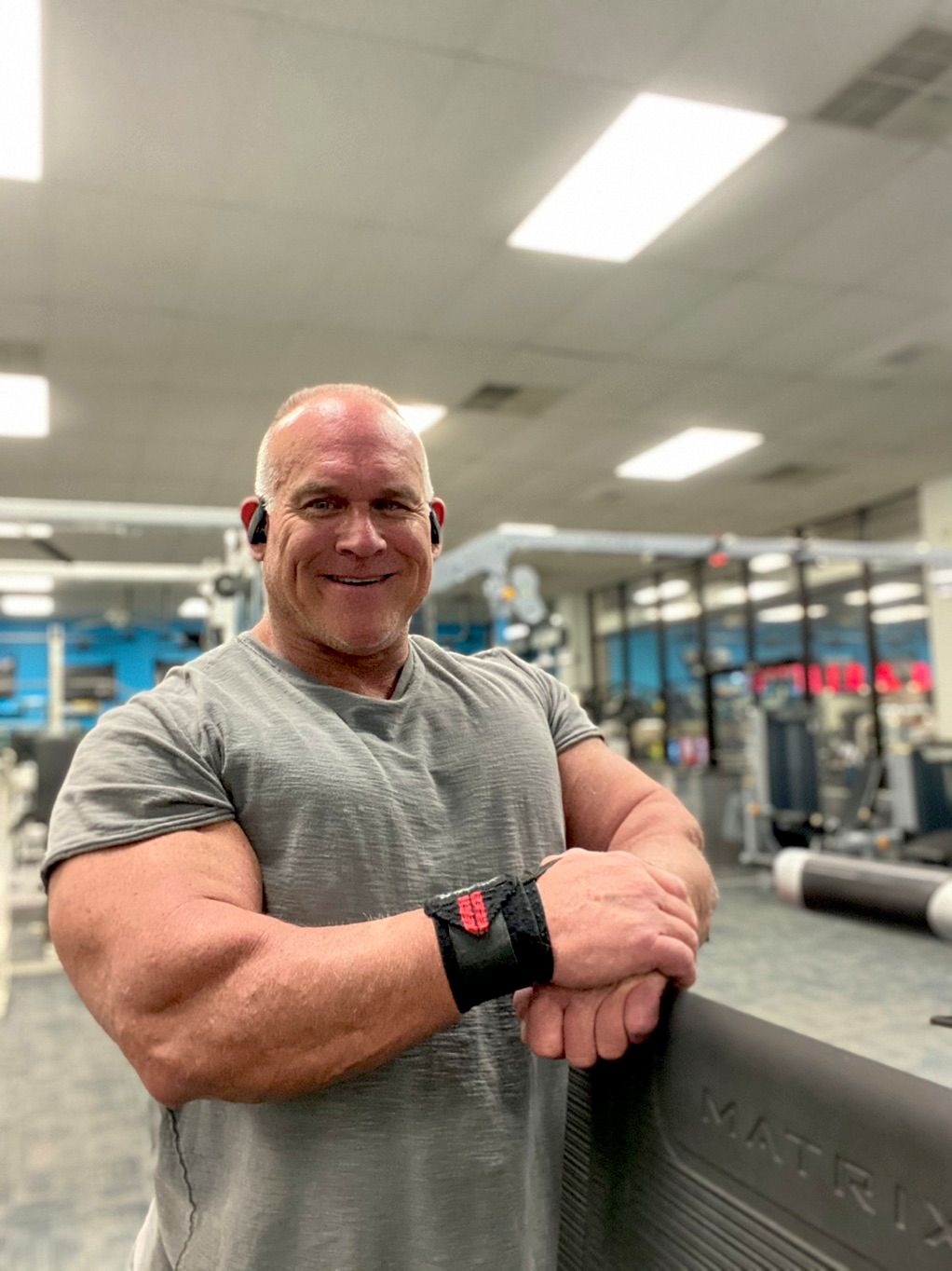
Sports medicine assistants are a good option if you are looking to work in the field. This position is a great opportunity to gain a lot of experience as a medical assistant. You don't matter what level of medical training or experience you have, there are steps that you need to follow to get started in this field.
Sport medicine assistant?
For those who want to help athletes improve, a career in sports medicine assistant may be the right choice. Many athletes will have injuries in their lives. If you were once an athlete yourself, you may have an appreciation for how injuries can affect the body and want to help people get well. You have many options when you become a sports medicine assistant.
A degree in sport medicine combines theory with practical experience. This degree allows you to evaluate and manage injuries as well as assess your body's composition. The course in sports medicine will give you the necessary knowledge to start your career as an athlete trainer. You can also coach athletes and provide personal training.

This career path will provide you with a wealth of job opportunities in a variety of medical settings. You may be able to treat injuries and train athletes. You'll be able to interact with many clients, from athletes to people from all walks.
The minimum educational requirement for this career is a bachelor's degree, though some positions require a master's degree. Depending on your specialization, you can work as an exercise physiologist, sports trainer, or recreational therapist.
Be a certified sports medicine assistant
CMAs are certified medical assistants (CMAs) who can help you in your career in sports medicine. CMAs not only provide healthcare to patients but can also diagnose and treat injuries affecting the musculoskeletal system. Sports medicine is a rewarding field that can offer many opportunities. For example, you can work as a trainer or consult with athletes of all levels. Alternatively, you can become a team physician and work in sports injury management.
Being a sports medicine professional will require empathy and compassion. Emotional empathy for patients is key for providing high-quality care. To be able to empathize with patients' concerns and goals, you must also possess excellent communication skills. These skills will allow you to work well with colleagues and keep up with new developments. These skills can be learned as part of your program in sports medicine.

After you have graduated from an athletic medicine-focused program, the next step is to take the PANCE National Certifying Test to become a Sports Medicine Physician Assistant. Your certification will need renewal every six years. You'll also gain valuable clinical rotations experience that will enable you to examine and treat patients.
FAQ
How can exercise and nutrition help you live a healthier life?
Exercise helps you to stay healthy, lose weight, gain muscle mass, and reduce stress. Nutrition is critical for energy and mood. Eat less meat, limit alcohol consumption, avoid smoking, exercise regularly, and reduce your risk of dying.
Is it safe to exercise when the temperature is below freezing?
When possible, exercise outdoors. However, the temperature of the air is not the only thing that can determine whether you are safe to exercise outdoors. Wind speed, humidity, precipitation, and visibility also play a role. Layers of clothing are recommended to protect against wind chill and rain when exercising outdoors in inclement weather.
What does caffeine do to my sleep?
Caffeine affects how long it takes you to fall asleep and how soundly you sleep. Caffeine causes drowsiness, which makes falling asleep easier. The downside is that caffeine keeps you awake longer making it harder for you to fall asleep again. You should not drink energy drinks or coffee right before bed.
Why is it important to get enough rest?
To maintain a healthy lifestyle, it is important to get enough sleep. Your body needs sleep to heal itself from daily stressors. You can function at your best throughout the day if you get enough sleep each night.
What are resistance training exercises?
Resistance training includes using weights and other objects to perform specific movements. Lifting weights helps strengthen your arms, shoulders, chest and back, as well as your legs, hips, and core. Resistance training promotes strength, muscle mass, and bone density.
Statistics
- Physical activity confers the following maternal and fetal health benefits: a decreased risk of pre-eclampsia, gestational hypertension, gestational diabetes (for example, 30% reduction in risk) (who.int)
- In 2018, the World Health Assembly agreed on a global target to reduce physical inactivity by 15% by 2030 and align with the Sustainable Development Goals. (who.int)
- One study showed that adults who watch more than 4 hours of television daily had an 80% higher risk of death from cardiovascular disease. (heart.org)
- Globally, 81% of adolescents aged 11-17 years were insufficiently physically active in 2016. (who.int)
External Links
How To
How to Keep Fit during Pregnancy
You experience many changes during pregnancy. Your metabolism slows down and your body eats less as you have a baby. You might even start to feel sick if you don't get enough sleep. You can still enjoy this time of life, but you can stay healthy.
Before you start any exercise program, it is important to consult your doctor. They will be able to tell you what exercises to avoid and which ones they recommend you do safely. Second, make sure you eat well throughout your pregnancy. This includes eating lots of iron, fiber, protein, and fiber. Third, drink plenty of fluids. It's especially important to drink water when you're exercising since you lose a lot of fluid through sweat. Last, take good care of your feet. Your feet should be dry all the time and you should wear shoes that support your feet. Make sure to eat small meals, such as toast or crackers, if you have morning sickness. You could feel nauseated.
-
Healthy eating is key. It is essential to eat a healthy diet throughout pregnancy.
-
Get active. Get active for at least 30 minutes each day.
-
Maintain a Healthy Weight. Eating smaller meals and snacks can help you lose weight.
-
Get enough sleep. Get at least 7-9 hours sleep each night.
-
Manage Stress. Learn relaxation techniques.
-
Avoid Alcohol. It can cause miscarriage or birth defects.
-
Be gentle with yourself. Don't push yourself too hard.
-
Take care of your self. When you are feeling unwell, have someone come to your aid.
-
Relax. Do things that bring you joy.